Comments: Hard Work Matters
"Clearly, hard work is extremely important. There is a grave lack of practices of this work philosophy in the battlefield. Practicing, practicing and practicing is immeasurably relevant.
Experience accumulated throughout the years is also crucial, particularly when one is always seeking mind-expansion activities.
With it practical knowledge comes along. When consulting and training, yes, you’re offering ideas to PRESENT clients with CHOICES/OPTIONS to SOLUTIONS.
How to communicate with the client is extremely difficult. Nowadays, some technical solutions that the consultant or advisor must implement has a depth that will shock the client unless there is a careful and prudent preparation/orientation of the targeted audience.
Getting to know the company culture is another sine qua non. The personal cosmology of each executive or staff involved on behalf of the client is even more important. Likewise, the professional service expert must do likewise with the CEO, and Chairman.
In fact, in your notes, a serious consultant must have an unofficial, psychological profile of the client representatives. One has to communicate unambiguously, but sometimes helps to adapt your lexicon to that of the designated client.
From interview one –paying strong attention and listening up to the customer– the advisor must give choices while at always being EDUCATIONAL, INFORMATIVE, and, somehow, FORMATIVE/INDUCTIVE. That’s the problem.
These times are not those. When the third party possesses the knowledge, skill, know-how, technology, he/she now must work much more in ascertaining you lock in your customer’s mind and heart with yours.
Before starting the CONSULTING EFFORT, I personally like to have a couple of informal meetings just to listen up and listen up.
Then, I forewarn them that I will be making a great number of questions. Afterwards, I take extensive notes and start crafting the strategy to build up rapport with this customer.
Taking all the information given informally in advance by the client, I make an oral presentation to assure I understood what the problem is. I also take this opportunity to capture further information and to relax everyone, while trying to win them over legitimately and transparently.
Then, if I see, for instance, that they do not know how to call/express lucidly/with accurateness their problem, I ask questions. But I also offer real-life examples of these probable problems with others clients.
The opportunity is absolutely vital to gauge the level of competency of the customer and knowledge or lack of knowledge about the issue. Passing all of that over, I start, informally, speaking of options to get the customer involved in peaking out the CHOICE (the solution) to watch for initial client’s reactions.
In my case and in many times, I must not only transfer the approaches/skills/technologies, but also institute and sustain it to the 150% satisfaction of my clients.
Those of us, involved with Systems Risk Management(*) (“Transformative Risk Management”) and Corporate Strategy are obliged to scan around for problems, defects, process waste, failure, etc. WITH FORESIGHT.
Once that is done and still “on guard,” I can highlight the opportunity (upside risk) to the client.
Notwithstanding, once you already know your threats, vulnerabilities, hazards, and risks (and you have a master risk plan, equally contemplated in your business plan), YOU MUST BE CREATIVE SO THAT “HARD WORK” MAKES A UNIQUE DIFFERENCE IN YOUR INDUSTRY.
While at practicing, do so a zillion low-cost experiments. Do a universe of Trial and Errors. Commit to serendipity and/or pseudo-serendipity. In the mean time, and as former
(*) It does not refer at all to insurance, co-insurance, reinsurance. It is more about the multidimensional, cross-functional management of business processes to be goals and objectives compliant."
Posted by Andres Agostini at February 23, 2008 4:56 PM



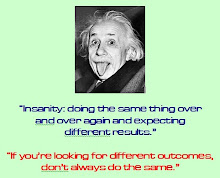
































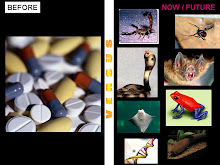




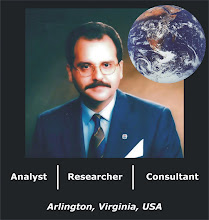





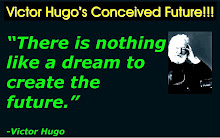
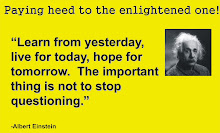
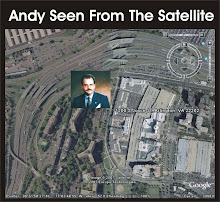
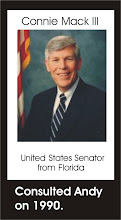


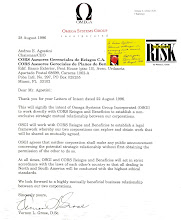




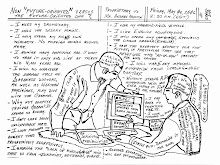
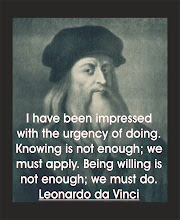




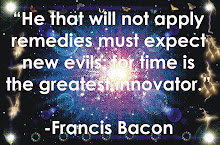











No comments:
Post a Comment